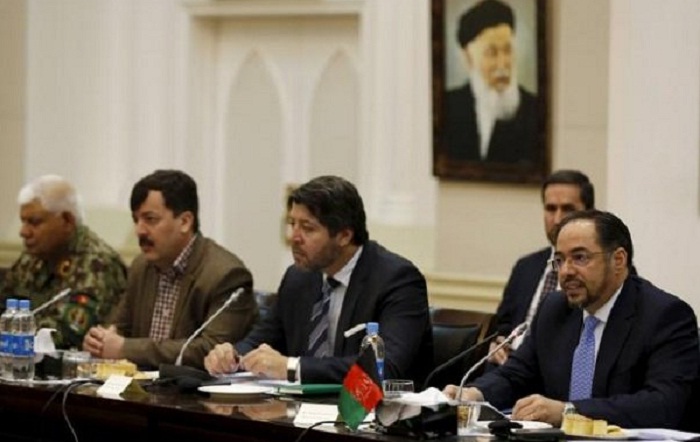Afghan government has hinted that Qatar could engage the Taliban in the peace process as the militant group’s political office is in Doha. Perhaps, President Ashraf Ghani’s visit to Qatar was part of this initiative. Most likely, the Qatari and Afghan authorities have agreed on the mechanism and conditions to initiate an indirect peace talks. As Pakistan has lost trust of President Ghani, therefore, the Afghan government is trying to shift the balance while engaging the Arab states. Afghan officials pinned high hopes on Islamabad but the desired results were not achieved. Their hopes were dashed to the group after the Taliban rejected to participate in the peace talks and Pakistani stressed on negotiations while keeping the option of military action away.
Growing insecurity in the country had widened the trust deficit between the neighboring countries. Statement of the Foreign Affairs Adviser to Pakistan’s Prime Minister, Sartaj Aziz, that some Taliban leaders are enjoying shelter and basic facilities in Pakistan added to suspicions. Afghanistan was left with no option but to find an alternative venue to engage the Taliban in peace process. Kabul also knows that Saudi Arabia, the United Arab Emirates and Qatar enjoy good ties with the militant group. Therefore, getting support of these Arab countries was deemed necessary to give new life to the reconciliation process.
Many officials including the High Peace Council members are optimistic about the new initiative. They believe that the indirect talks in Qatar would pave way for the direct talks. Qatari officials will work as facilitators or in other words as a bridge between the Afghan government and the Taliban. It is a good step, but Afghan authorities shall be careful because Pakistan still influences the Taliban. Pakistani officials have presence in Qatar as well. Islamabad will remain a key player in steering the process because it would never allow anyone to reverse the gains that it had made. Pakistani policymakers would try their best to maintain the status quo to have a strong say in Afghan peace process.
Besides that timing is also of the utmost importance. Killing of the Taliban’s leader Mullah Mansoor had left leadership vacuum and many questions behind. The insurgent group cannot engage in talks unless new leader was chosen. Mindset of the new leader will matter a lot. If he pursues his predecessor’s policy, Afghan peace process will remain stalled. Different regional and international players are keeping eyes on the recent developments. They will support their favorite candidate as the new commander-in-chief of the Taliban. Whoever succeeds will have control over the Taliban and peace process mechanism. Hands of the Afghan government will be tied when it comes to direct talks with the insurgent group.
Cautiousness is the essence of successful peace strategy. Therefore, Kabul shall urge Islamabad for military action against the Taliban leaders, living in Pakistan, while the Afghan government should engage the militants in talks via Qatar. Presence of Afghan officials in the process is imperative. Dialogues backed by military action are a key to success of the process. It will not only reduce the Taliban’s strike capability but will also help the government to make the peace process Afghan-led in real sense.
 Afghanistan Times
Afghanistan Times




